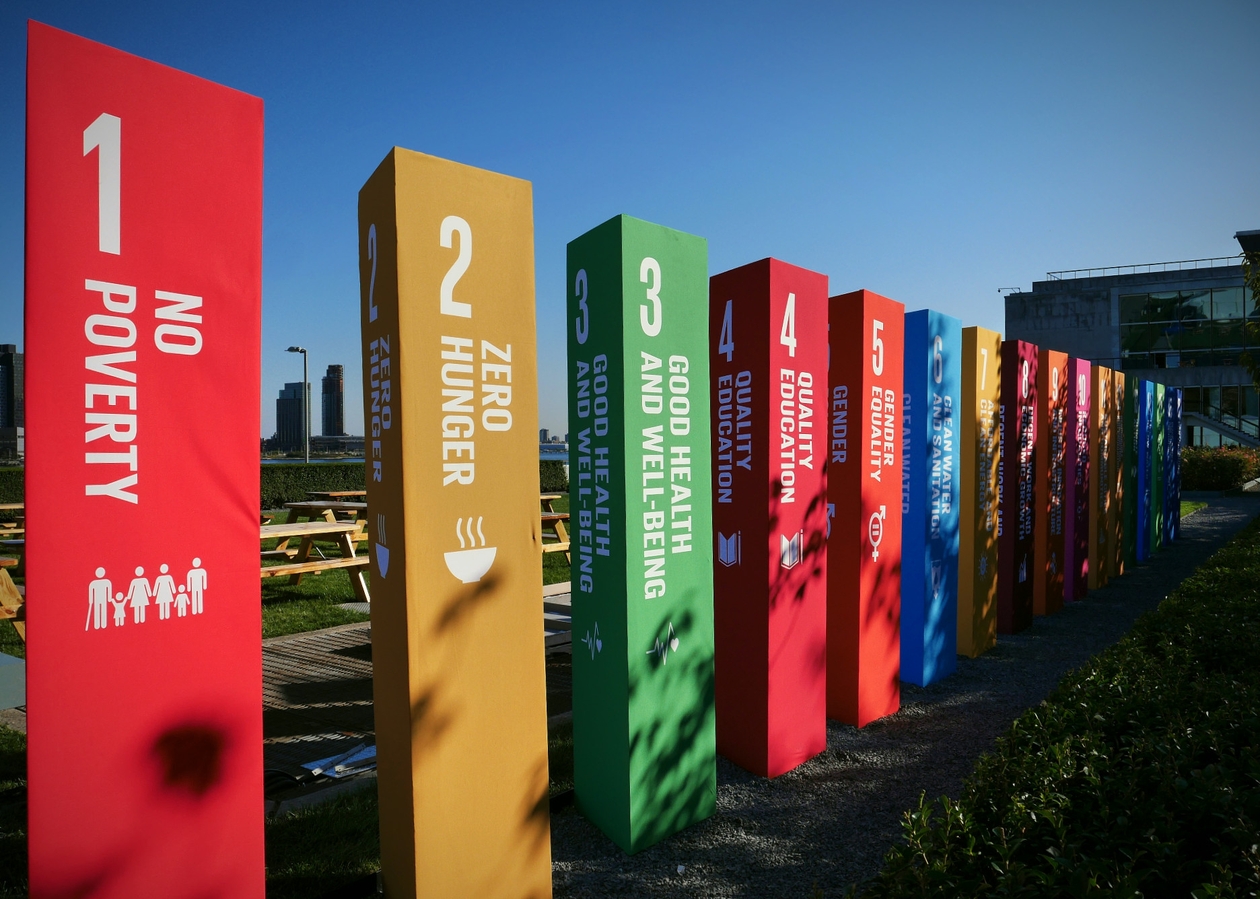Looking ahead to COP25
Isabel White of Low Carbon discusses what to expect from the upcoming COP25
2019 marks the 25th anniversary of the United Nations Framework Convention on Climate Change, created to reinforce global awareness about problems related to climate change. The Conference of Parties (COP) was established as the decision-making body of the Convention at which all parties to the Convention are represented.
Over the years, the COP events have witnessed the achievement of many historic milestones from the adoption of the Kyoto Protocol at COP3 in 1997; the creation of the Green Climate Fund at COP16 in 2010; and, the formation of the Paris Agreement at COP21 in 2015.
At COP24 in 2018, the drive for climate action was reinforced and crucial operational guidance for the Paris Agreement was detailed in the ‘Paris Rulebook.’ The rulebook addresses various questions such as how countries should report their greenhouse gas emissions or contributions to climate finance, as well as which rules should apply to voluntary market mechanisms, such as carbon trading.
The focus areas for COP25
Aside from a last-minute venue change, there are several key focus areas for COP25.
A major focus for the COP25 negotiators will be to address how to ensure developing countries have adequate financial, human and technological resources to deliver on their climate commitments and follow the Paris Rulebook’s reporting guidelines.
COP25 will also be focussed on strengthening momentum for more ambitious national commitments. A global movement of youth climate demonstrations and increased climate litigation are pressuring Paris parties to raise their climate ambition. It is therefore fitting that the theme for COP25 is ‘time to act.’
COP25 is the last conference before the new round of Nationally Determined Contributions (NDCs) in 2020. Under the Paris Agreement, countries were asked to come up with their NDCs – their voluntary, best efforts commitments for emission reductions. COP25 will seek to finalise the implementation of Article 6 of the Paris Agreement which enables parties to cooperate in implementing their NDCs so that ambitious climate goals can be achieved, and an inclusive, sustainable low-carbon future can be secured. This international cooperation system, once finalised, would mean that emission reductions can be transferred between countries and counted towards NDCs. This system would form the basis for creating a global carbon pricing model.
The incoming COP25 presidency has announced seven other topics to be discussed at the conference, including; oceans Antarctica, electromobility, renewable energies, circular economy, ecosystems and forests, and biodiversity.
Looking ahead to COP26
COP26, to be held in Glasgow in 2020, will arguably be the most important climate conference since the Paris Agreement. The country commitments made in 2015 will be reviewed with the expectation that the respective governments will define more ambitious targets – particularly in the context that the current commitments are insufficient to meet the 2 degree requirement.
COP26 will also assess the progress made by countries to date – some countries made pledges to cut emissions by 2020 before Paris, so COP26 will also audit whether these have been met.
It will also be difficult to avoid discussion around the outcome of the US presidential election at COP26 given Donald Trump has formally begun the process to withdraw the US from the Paris Agreement. However, the earliest opportunity to leave the deal will be 4 November 2020 – five days before the start of COP26 in Glasgow.

